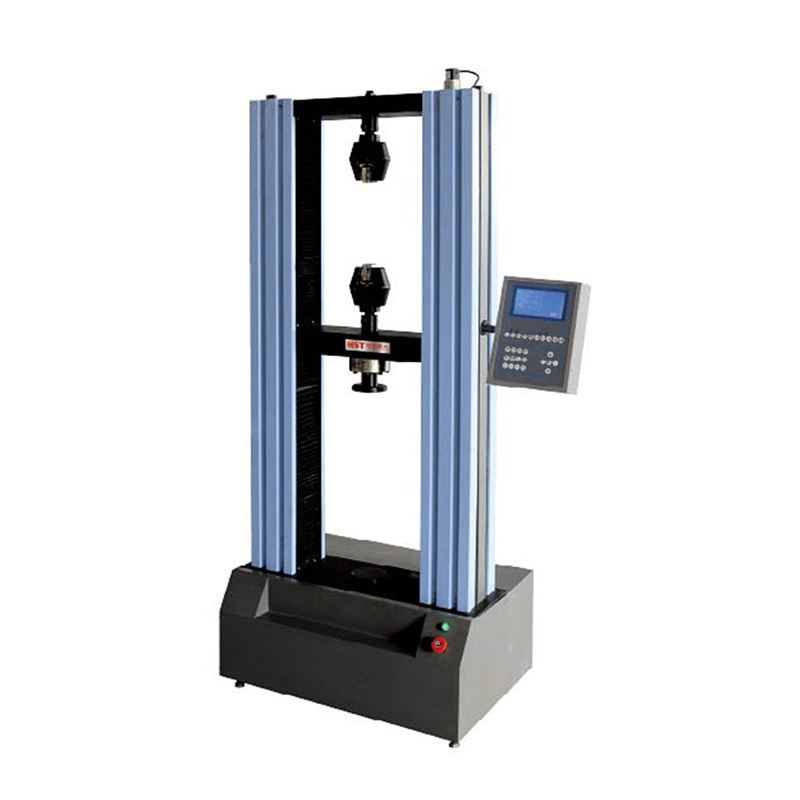Top Manufacturers of AC Resistance Testing Equipment for Accurate Measurements
Understanding AC Resistance Tester Manufacturers
In the modern world of electrical engineering and maintenance, the importance of accurate measurements cannot be understated. Among the numerous devices used for testing electrical properties, the AC resistance tester plays a crucial role. This article explores AC resistance tester manufacturers, highlighting their significance, the technology behind these testers, and what to consider when choosing a manufacturer.
What is an AC Resistance Tester?
An AC resistance tester is a specialized device used to measure the resistance of electrical components, particularly under alternating current (AC) conditions. It is an essential tool in various applications, including power generation, transmission, and distribution. These testers are used to ensure that electrical systems operate efficiently and safely, minimizing energy losses and preventing overheating.
The primary function of an AC resistance tester is to inject a controlled amount of AC current through a circuit and measure the resultant voltage drop across the circuit. Using Ohm’s Law (V = I × R), one can easily calculate the resistance. This device is especially useful for testing transformers, cable connections, and busbars, where resistance can affect overall system performance.
The Importance of Quality Manufacturers
The accuracy and reliability of AC resistance testing significantly depend on the quality of the tester and the manufacturer's reputation. Leading AC resistance tester manufacturers invest in advanced technology and rigorous quality control processes to produce equipment that meets or exceeds industry standards. Their commitment to innovation results in devices that provide precise measurements, durability, and ease of use.
When selecting an AC resistance tester manufacturer, it is essential to consider several factors
1. Reputation and Experience Manufacturers with a long history in the industry often have the expertise necessary to produce reliable equipment. Researching their history, customer reviews, and case studies can provide insights into their credibility.
2. Technological Advancements In a rapidly evolving technological landscape, manufacturers that continually innovate are more likely to produce advanced testing equipment. Features such as automatic range selection, data logging, and Bluetooth connectivity can significantly enhance user experience and measurement accuracy.
3. Quality Assurance A robust quality assurance program ensures that every unit produced meets high standards. Look for manufacturers that provide certifications and compliance with international testing standards, such as ISO 9001.
ac resistance tester manufacturers

4. Customer Support and Training Reliable customer support can make a significant difference, especially for technicians who may need assistance with complex testing procedures. Manufacturers that offer comprehensive training and support services can help users maximize the potential of their equipment.
5. Cost-Effectiveness While price should not be the sole determining factor, finding a manufacturer that offers a balance of quality and affordability is essential. Consider long-term value and the potential costs associated with inaccurate testing that could result from subpar equipment.
Leading AC Resistance Tester Manufacturers
Several manufacturers are well-known for their high-quality AC resistance testers. Some of the notable names in the industry include
- Fluke Corporation A leading manufacturer renowned for its wide range of electrical testing equipment, including AC resistance testers known for their durability and precision.
- Megger A respected name in electrical testing, Megger produces AC resistance testers that are widely used in various applications, offering innovative features and robust designs.
- Kusam-Meco An emerging manufacturer that has gained recognition for its cost-effective solutions while maintaining quality, making it a favorite among small to medium-sized enterprises.
- Seaward Specializing in compliance testing and electrical safety solutions, Seaward’s AC resistance testers are designed to meet stringent safety and operational standards.
Conclusion
AC resistance testers are vital tools for ensuring the efficiency and safety of electrical systems. Understanding the capabilities of different manufacturers can help users make informed decisions when selecting testing equipment. By considering factors such as reputation, technological advancements, quality assurance, customer support, and cost-effectiveness, businesses can choose manufacturers that will provide reliable testers and contribute to maintaining electrical integrity. In an era where precision and safety are paramount, investing in high-quality AC resistance testers from reputable manufacturers is essential for any organization in the electrical sector.
-
Why the Conductor Resistance Constant Temperature Measurement Machine Redefines Precision
NewsJun.20,2025
-
Reliable Testing Starts Here: Why the High Insulation Resistance Measuring Instrument Is a Must-Have
NewsJun.20,2025
-
Flexible Cable Flexing Test Equipment: The Precision Standard for Cable Durability and Performance Testing
NewsJun.20,2025
-
Digital Measurement Projector: Precision Visualization for Modern Manufacturing
NewsJun.20,2025
-
Computer Control Electronic Tensile Tester: Precision and Power for the Modern Metal Industry
NewsJun.20,2025
-
Cable Spark Tester: Your Ultimate Insulation Assurance for Wire and Cable Testing
NewsJun.20,2025
 Copyright © 2025 Hebei Fangyuan Instrument & Equipment Co.,Ltd. All Rights Reserved. Sitemap | Privacy Policy
Copyright © 2025 Hebei Fangyuan Instrument & Equipment Co.,Ltd. All Rights Reserved. Sitemap | Privacy Policy
